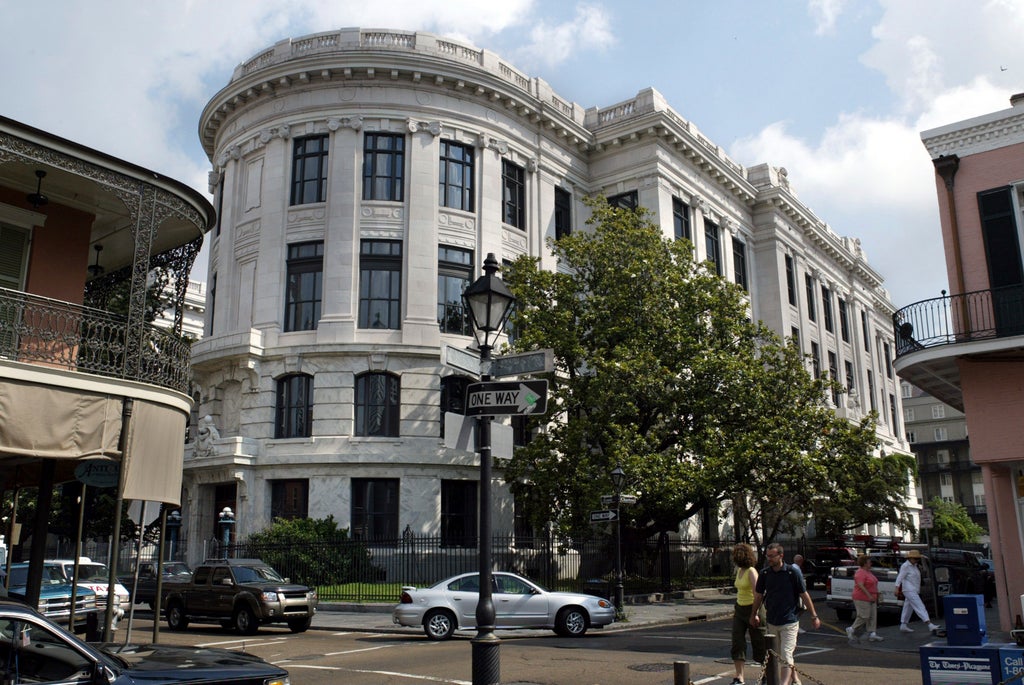
Louisiana’s Supreme Court hears arguments Tuesday on whether a ban on non-unanimous jury verdicts must apply retroactively, a case that criminal justice advocates say would affect an estimated 1,500 people convicted before the U.S. Supreme Court prohibited such verdicts.
The case centers on Reginald Reddick, who was convicted of murder by a 10-2 jury vote in 1997. A judge in Louisiana's Plaquemines Parish overturned the verdict. Prosecutors have appealed.
Attorneys seeking to uphold the judge say most of those who will be affected by the case are Black. And they stress that laws allowing verdicts of 10-2 or 11-1 were rooted in Jim Crow era efforts to make convicting Black people easier.
In 2018, Louisiana voters approved a constitutional amendment that outlawed non-unanimous verdicts in trials for crimes committed after Jan. 1, 2019, vote that followed a Pulitzer Prize-winning series of stories in The Advocate analyzing the origins of the law and the racial disparities in verdicts.
In 2020, the U.S. Supreme Court ruled that non-unanimous verdicts were unconstitutional, broadening the effect of the state constitutional amendment.
But, in 2021, the Supreme Court made clear that the decision against non-unanimous verdicts applied only to future cases and cases in which the defendants’ appeals had not been exhausted.
The Reddick case is one of two arising form the ban on non-unanimous verdicts. The second comes in the case of Ronald Gasser, who was convicted of manslaughter by a non-unanimous jury. Gasser had originally been charged with the murder of New Orleans football star and former NFL player Joe McKnight.
His conviction was thrown out because of the non-unanimous verdict. The question before the high court Tuesday is whether prosecutors can try him again for murder. Gasser's defense attorneys say that amounts to double jeopardy and Jefferson Parish prosecutors must be limited to trying him for manslaughter. Gasser pleaded not guilty in the case and insisted he shot McKnight in self-defense.







